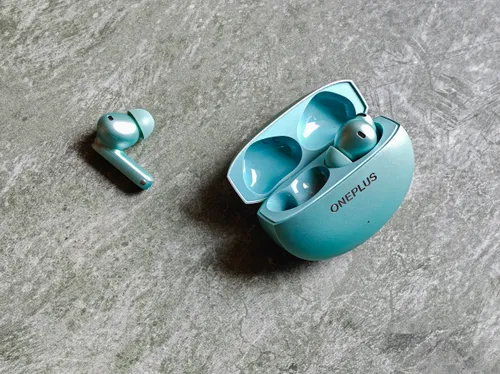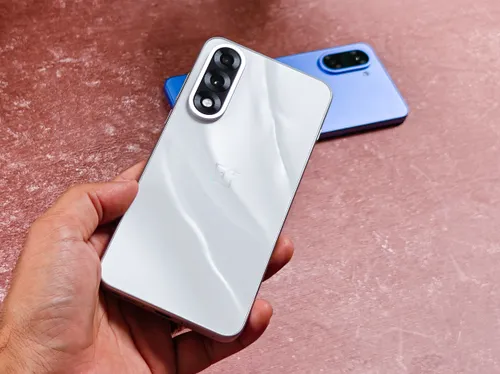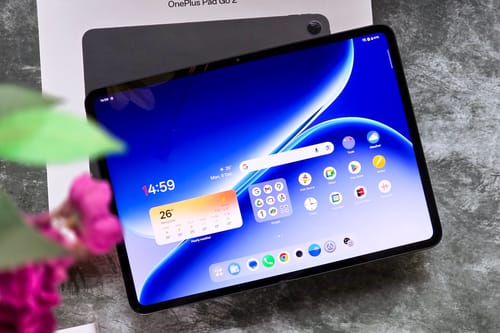
OnePlus Pad Go 2 Review: The Android tab that replaces your phone
The OnePlus Pad Go 2 is a ridiculously good value tablet with Dolby Vision, a beast of a battery, and a reliable software experience. But its superfast 5G is what makes it the most desirable.
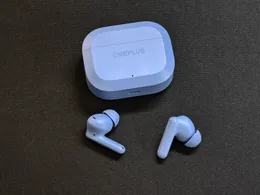
Budget earbuds are leveling up, and OnePlus Nord Buds 3r is a great example
The OnePlus Nord Buds 3r offer features from a segment above, along with a rich audio profile, for just ₹1,599.
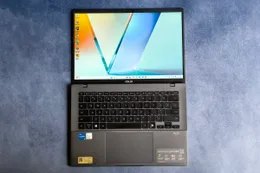
4 reasons I'd recommend the Asus Vivobook S14
The Asus Vivobook S14 is a budget laptop with a stoic look and a dependable battery-charging combo under 65,000 rupees.

Athenil Bites, July 29: Is your phone tracking you with Wi-Fi & Bluetooth? AI comes for homework, and cool F-Bombs on YouTube
Google and OpenAI want their AI to handle homework for students. Like seriously explaining it step by step. Who gives a heck about human teachers, after all, when money is made getting us addicted to AI chatbots, right?

Athenil Bites, July 25: LeBron James hates his pregnant vids, porn games are being hunted down, and nuclear fuel that takes us to Mars
Apple has released the first public beta updates for next-gen software powering iPhones, iPads, and Macs. And yes, it's all about that glass-inspired design.
Google Search could be smothering your creativity
A Carnegie Mellon University study reveals starting your brainstorming process with Google can be detrimental to the group's creativity.
Teams relying much on search engines often produced inundatingly same, less original ideas due to a cognitive bias called "fixation effect," where seeing popular answers converges our thought process instead of diverging it.

While individuals weren't necessarily dumber with Google, groups of Google users seemed to get stuck in a rut, often coming up with the same common ideas, sometimes even in the same order! Talk about a copy-and-paste creativity crisis.
"This appears to be due to the fact that Google users came up with the same common answers, often in the same order, as they relied on Google, while non-Google users came up with more distinct answers," explained lead author Danny Oppenheimer.
EDITORS' PICKS


